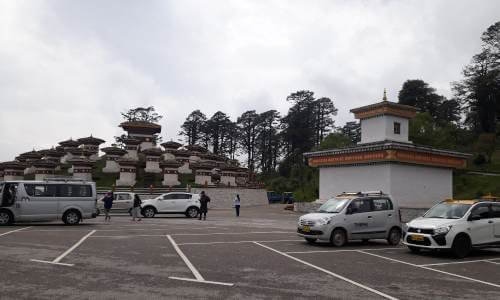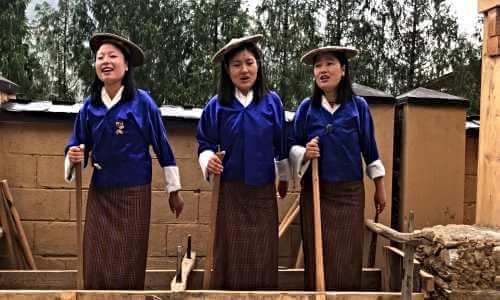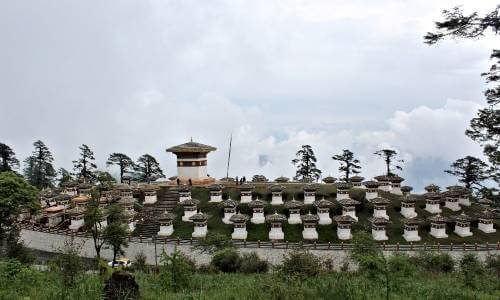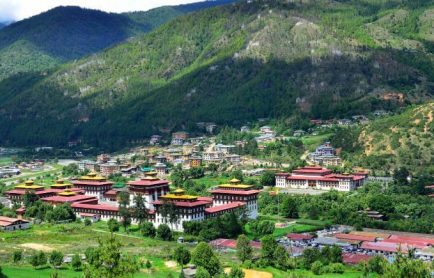Bhutan Healthcare
An important component of Gross National Happiness, healthcare is one of the nine domains under four major pillars of Bhutan’s constitution. In the country, health encompasses both mental and physical aspects as the famous saying goes “lus lu natsha med, sems lu sdugsngal med,” which when translated says “no illness in body and no stress in mind.” The saying is in alignment with World Health Organization’s definition of health as “a state of complete physical, mental and social well-being, and not merely the absence of disease or infirmity.” Healthcare in Bhutan falls under the Ministry of Health (MoH) which has a vision of “a nation with best health.” Therefore, MoH aims at strengthening preventive, promotive, curative, rehabilitative and palliative health services, and improving access to quality and equitable health services, and promoting efficiency and effectiveness in the financing and delivery of health services.
Basic healthcare is free in Bhutan in compliance with the country’s constitution that states free access to basic public health services in both modern and traditional medicines. As of the last census, Bhutan has 32 hospitals and 205 basic health units and medical practices are majorly allopathic, followed by traditional medicine. The hospitals and smaller facilities are supported by 3,756 Ministry of Health employees in 13 categories: 244 doctors; 957 nurses; 92 nurse’s assistants; 505 health workers; 35 Dzongkhag Health Officers and Assistants; 52 smenpas (traditional physicians); 41 drungtshos (traditional physicians); 12 pharmacists; 79 pharmacy assistants and technicians; 13 lab technologists; 549 other technicians and assistants; and 1,601 administrative and support staff.
About 88% of total health expenditure is borne by the Bhutan Government. On the other side, the private sector’s role is limited to private diagnostic centres (generally for the screening of foreign workers) and private retail pharmacies in major district towns. Most dzongkhangs or districts have at least one hospital and Thimphu has 5 hospitals, while Chukha, Samtse, and Trashigang Districts each has 3.
With strict and effective laws in place, Bhutan is able to provide basic sanitation to 91% and access to potable drinking water to 83% of its people. However, there are few health-related challenges the country is still facing like diarrhea and pneumonia among children under age 5; skin infections; conjunctivitis; hypertension; and intestinal worms. On the other side, the country is able to control health concerns like diabetes; alcohol-related liver disease; cancer; malaria; and tuberculosis.
About 90% of Bhutan’s population is covered by the government’s immunization regimen. The country also regulates public health and safety in regards to food under the Food Act of 2005. The Tobacco Control Act bans the sale of tobacco, taxes imports, and places restrictions on quantities individuals may possess. The government passed its Alcohol Control Regulation Act in 2011, which imposed up to three times the previous taxes on alcohol. In the country the Narcotic Drugs and Psychotropic Substances and Substance Abuse Act (2005), is also in place which ensures that drugs are available exclusively for medical, veterinary and scientific purposes.









